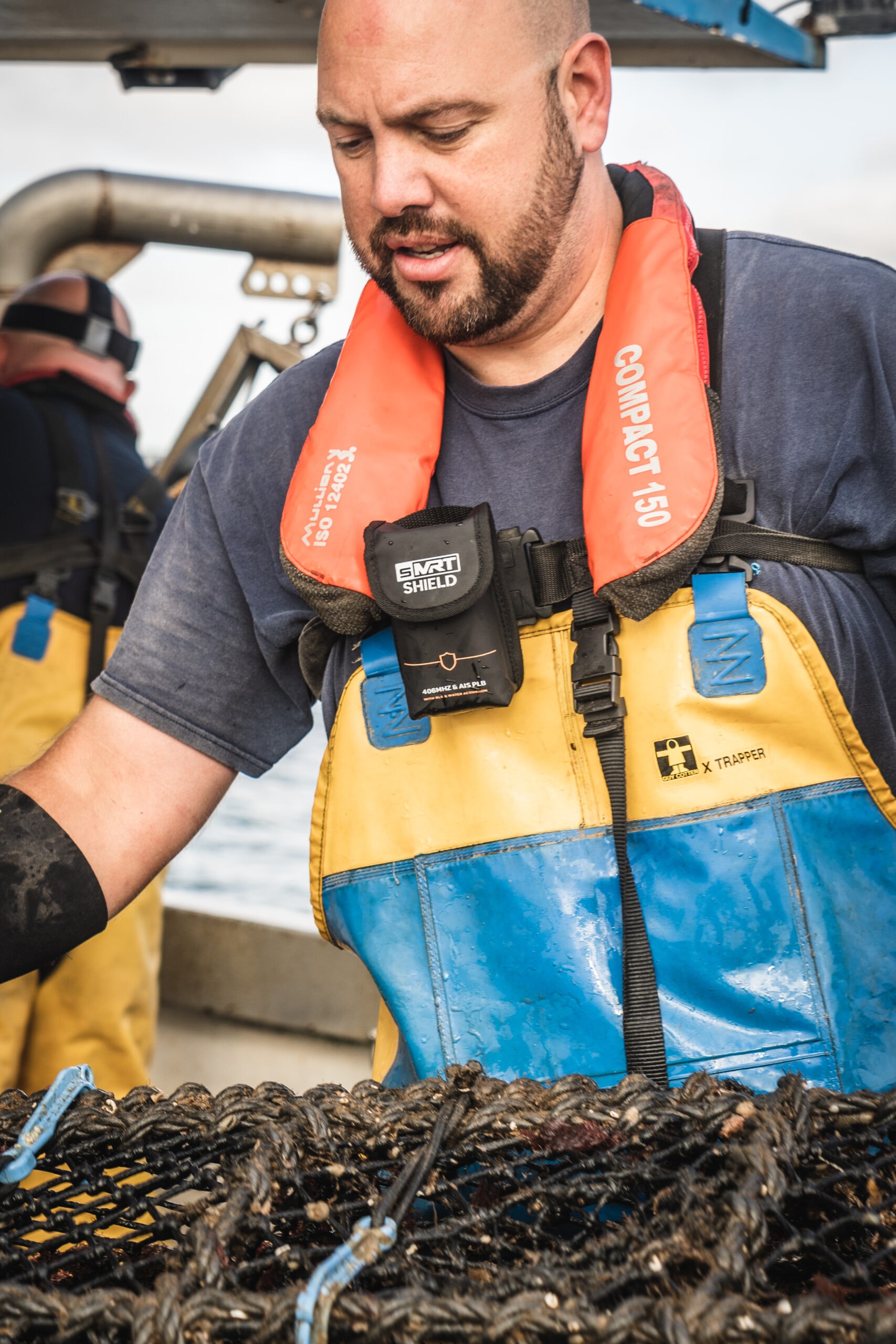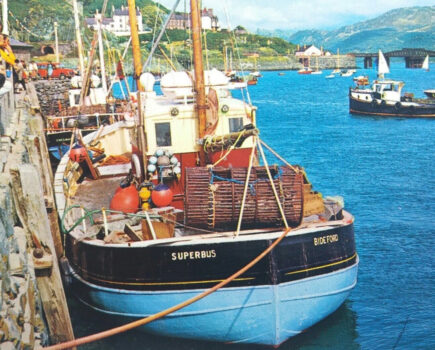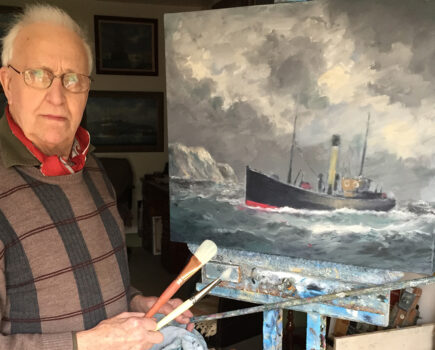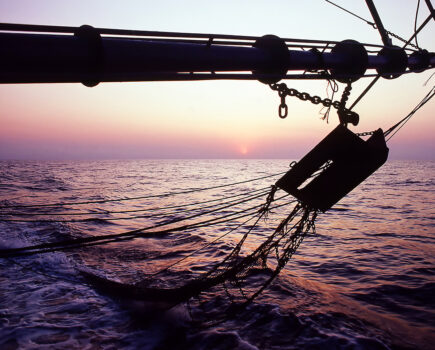Calling the next generation of fisheries scientists! Senior lecturer in environmental marine science Dr Magnus Johnson shares news of research opportunities at the University of Hull
There have always been marine scientists wanting to work positively with the fishing industry – Dr Barrie Deas OBE, long-time CEO of the National Federation of Fishermen’s Organisations, being just one example.
Dr Martin Pastoors was until recently the chief science officer for the Pelagic Freezer Trawler Association – collecting data, encouraging fishers to work with scientists, and devoting time to communicating to all, from undergraduates to policy-makers. Dr Steve Mackinson of the Scottish Pelagic Fishermen’s Association is the author of the well-regarded North Sea ecological model and at the forefront of developing self-sampling programmes for pelagic fish.
Several contemporary fisheries reps and leaders, including Mike Cohen (NFFO), Jane Sandell (UK Fisheries), Dale Rodmell (Eastern England FPO) and Dr Mike Roach (Holderness Fishing Industry Group) have passed through the University of Hull.

Dr Mike Roach of the Holderness Industry Fishing Group is one of many alumni of the University of Hull who have gone on to leading roles within the industry.
It has been a great privilege to have the opportunity to talent-spot folk that we’ve encountered as students or early in their careers and encourage them towards the fishing industry. Hopefully their experience at Hull gave them a platform to understand the realities of fisheries that helped them to successfully progress in the industry. As they have developed in their careers, they have often led the way by being interfaces between skippers/owners and those whose activities or campaigning can impact positively or negatively on the ability of fishermen to fish.
The University of Hull has supported the fishing industry in one way or another, often linking fisheries professionals up with researchers, for more than 60 years, sometimes as a critical friend but always as an ally. Almost from the beginning, after the university received its charter in 1954, fisheries became a research priority.
At that time, because of the importance of the industry to the city and region, university research was focused on distant-water trawling. Later, the university was commissioned to write a major study of fish distribution in the UK, and to examine the prospects of the by-then depleted industry on the Humber.
The Hull International Fisheries Institute was established in 1989, and now has alumni who are directors of fisheries departments and fisheries leaders across the world. Hull has also emerged as a centre for fisheries history, and amongst other things, researchers have highlighted the role of the industry during the First World War and the ever-present issues around crew. Hull was also one of the lead institutions for the historical component of the Census of Marine Life, which looked at how commercial catches have varied historically.
The latest fisheries initiative of the university consists of a tranche of PhD research opportunities tailored towards helping the industry deal with issues that it is facing today. One will look at the impact that the industrialisation of the sea by emplacement of massive offshore wind farms will have on the fishing industry and marine ecosystems. We seem to be fragmenting the marine environment into parcels of ‘protected’ area, wind farm, gravel extraction, and last, and often least, fishing. What we are seeing is the de facto conversion of the marine commons into a privatised arena in which the oldest resident industry is not even allowed to bid for its long-held rights.
One of the greatest challenges facing the industry in the future will be how to power fishing boats. Fossil fuel is only going to get more expensive, and burning carbon to catch fish is not a good look for the industry. Another of our PhDs will look at how fuel price changes are likely to impact the fishing strategies of different segments of the fleet. The old adage ‘you won’t know if you don’t go’ may not apply any more as boats stick to well-known (and perhaps increasingly worn) local grounds.
The final project will look at how changes in technology have impacted on how fishing fleets operate. Historically the advent of the trawl, synthetic rope, the diesel engine and hydraulic systems have improved the catching power of boats. In the new green era, changes will improve efficiency or reduce carbon consumption, but not necessarily increase catching power.
As Bob Dylan said: “The times they are a-changin’,” and if the fishing industry doesn’t support science in its own interests, using the hundreds of potential research vessels we have, with new technology and simple data management systems, others are going to do it instead.
Folk who know little about the industry often see it as one that wilfully damages the environment, run by near-criminals who don’t care about anything but profit. If these opinion-holders are the people funding and carrying out research, they are going to ask questions and find answers that all point in the direction of their particular world-view.
Details of the three funded PhD opportunities can be found at the following links:
- Decarbonising the fleet
- Historical interactions of technology and fisheries
- Offshore energy installations and fisheries
The closing date for applications is 10 February, and the start date is 18 September.
This story was taken from the latest issue of Fishing News. For more up-to-date and in-depth reports on the UK and Irish commercial fishing sector, subscribe to Fishing News here or buy the latest single issue for just £3.30 here.








